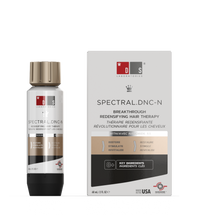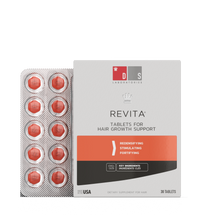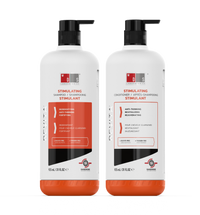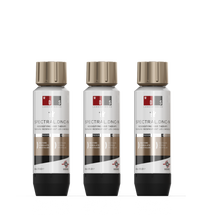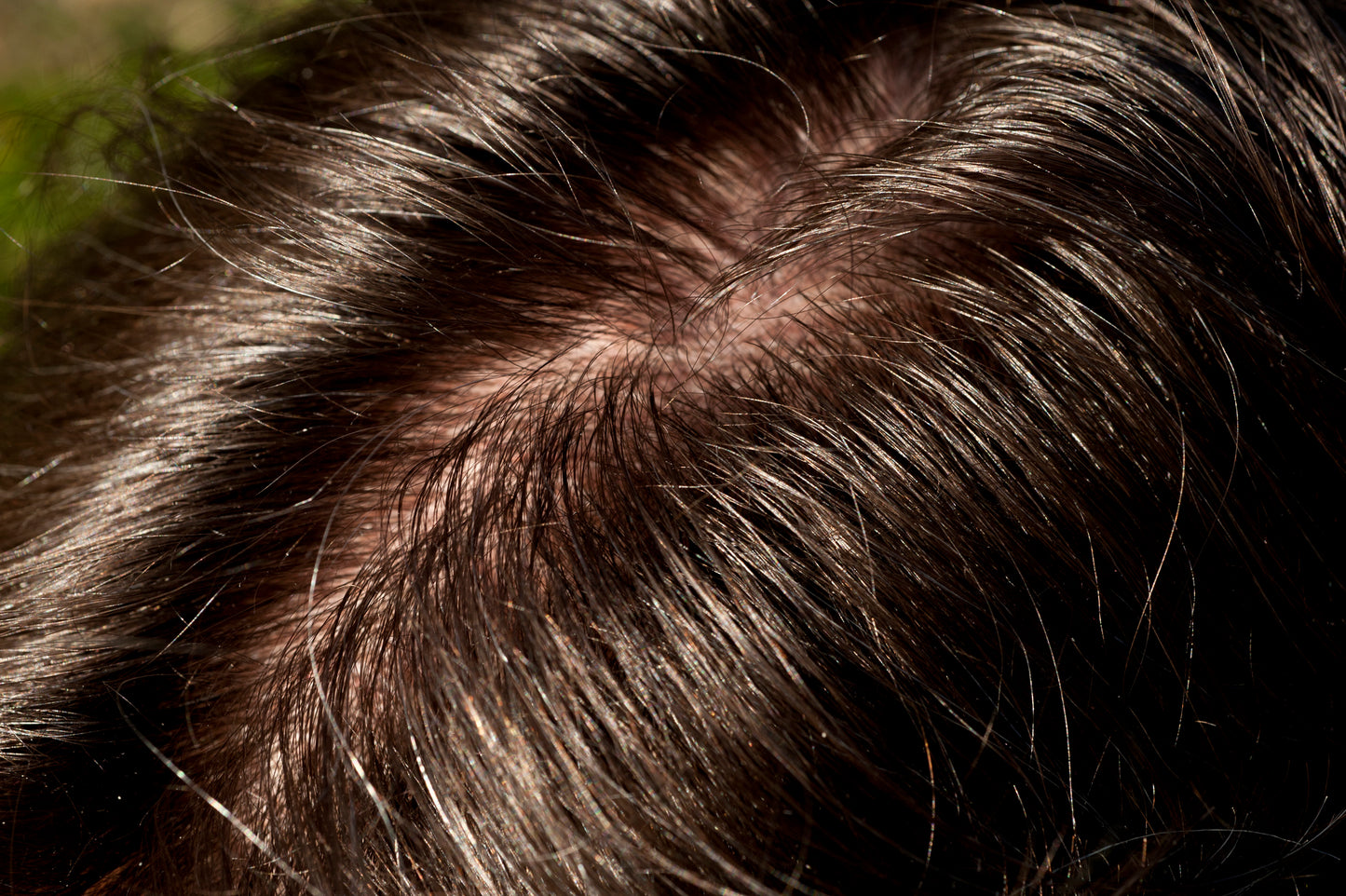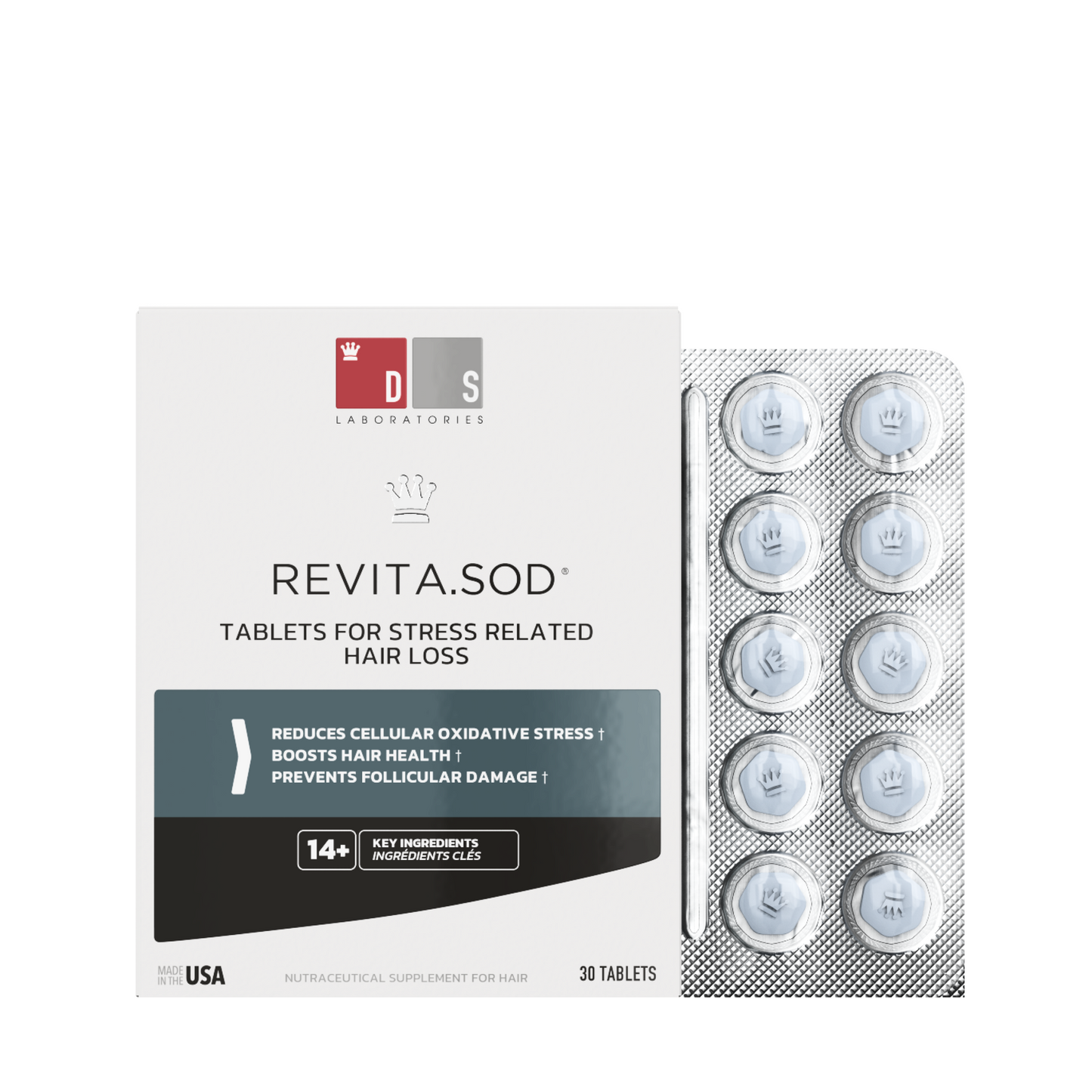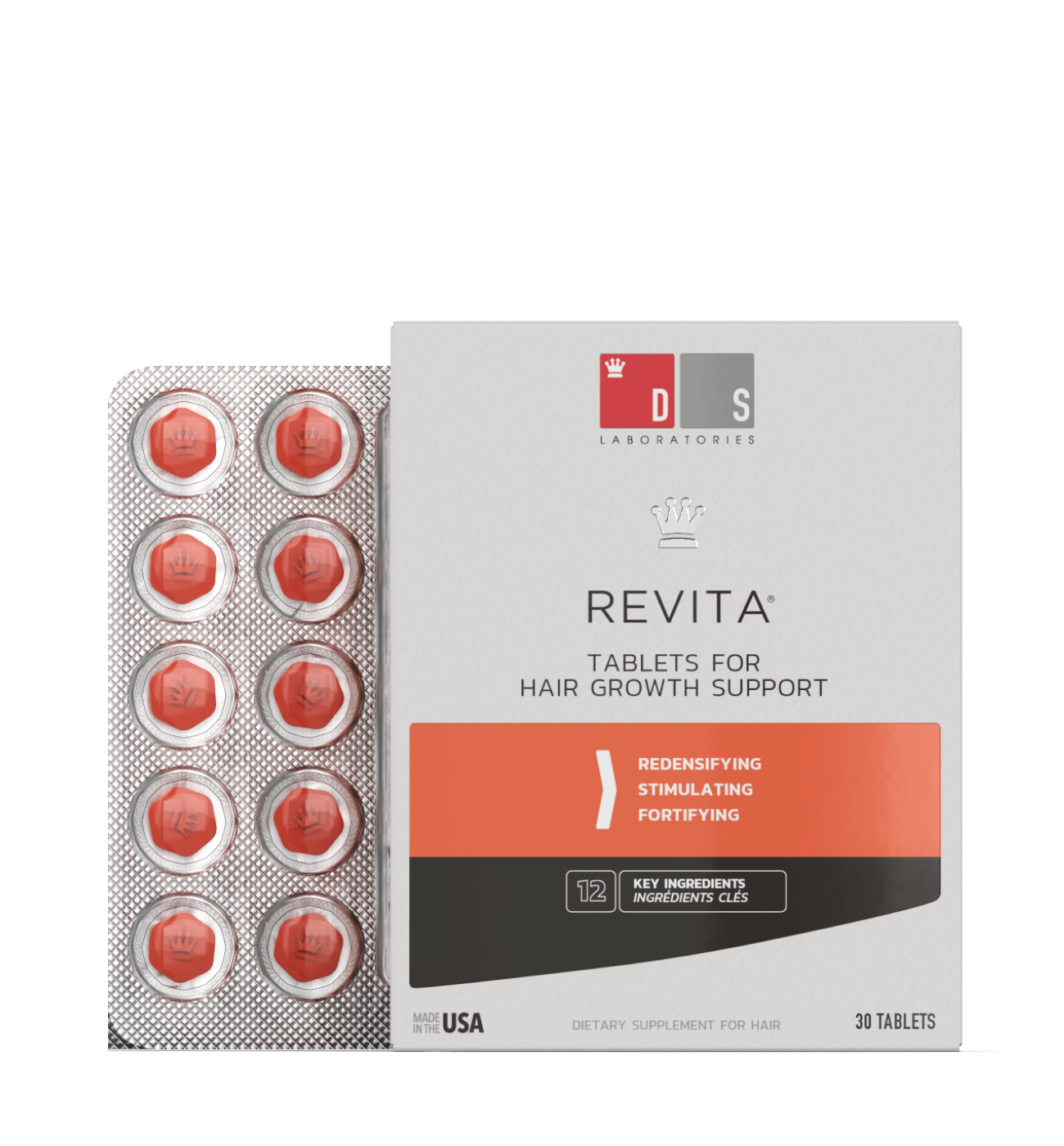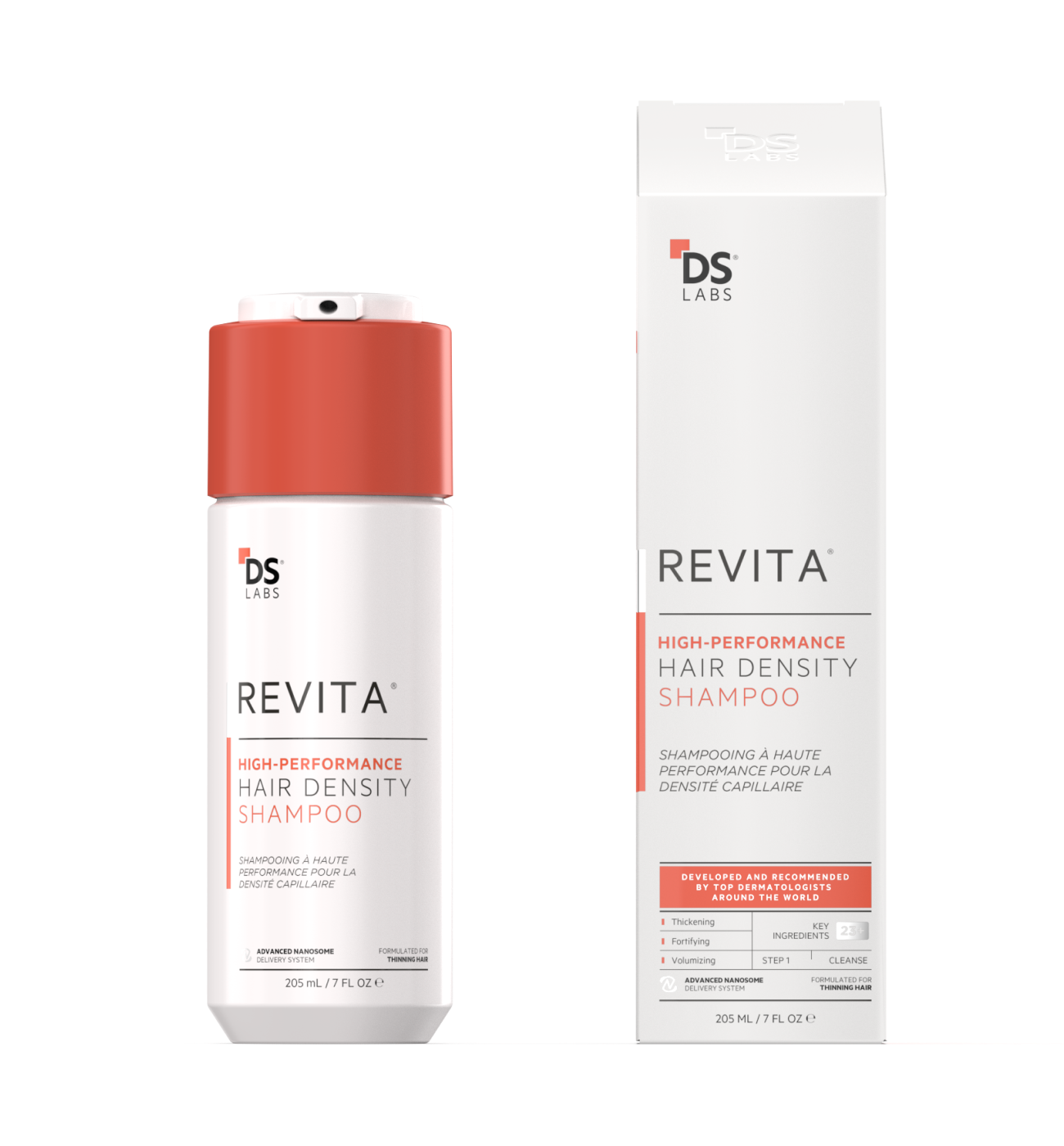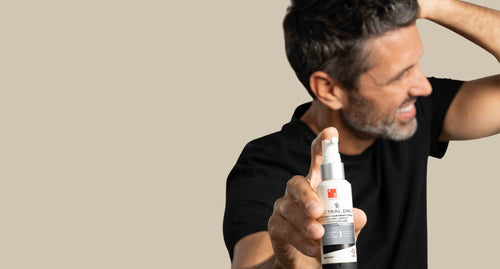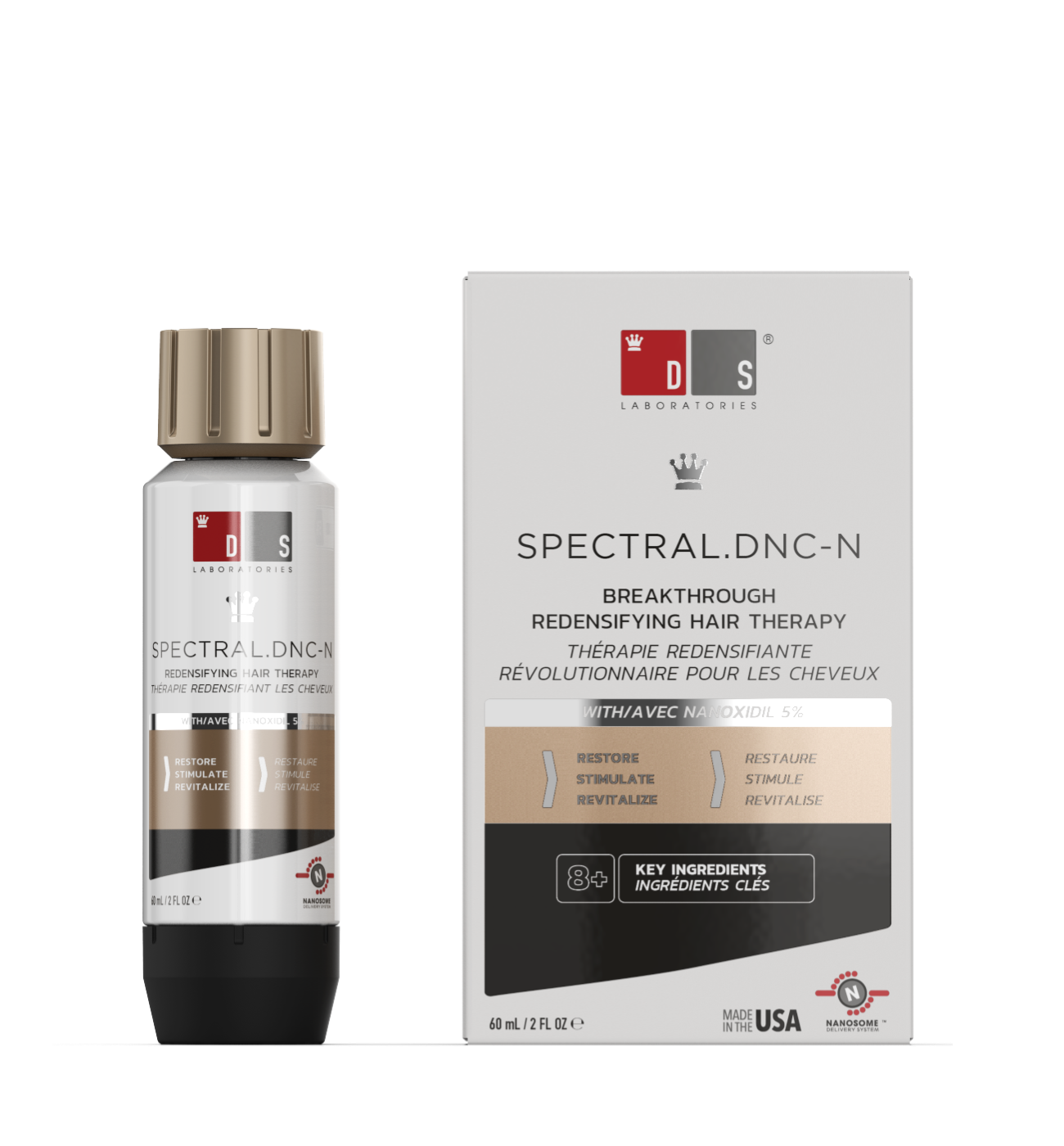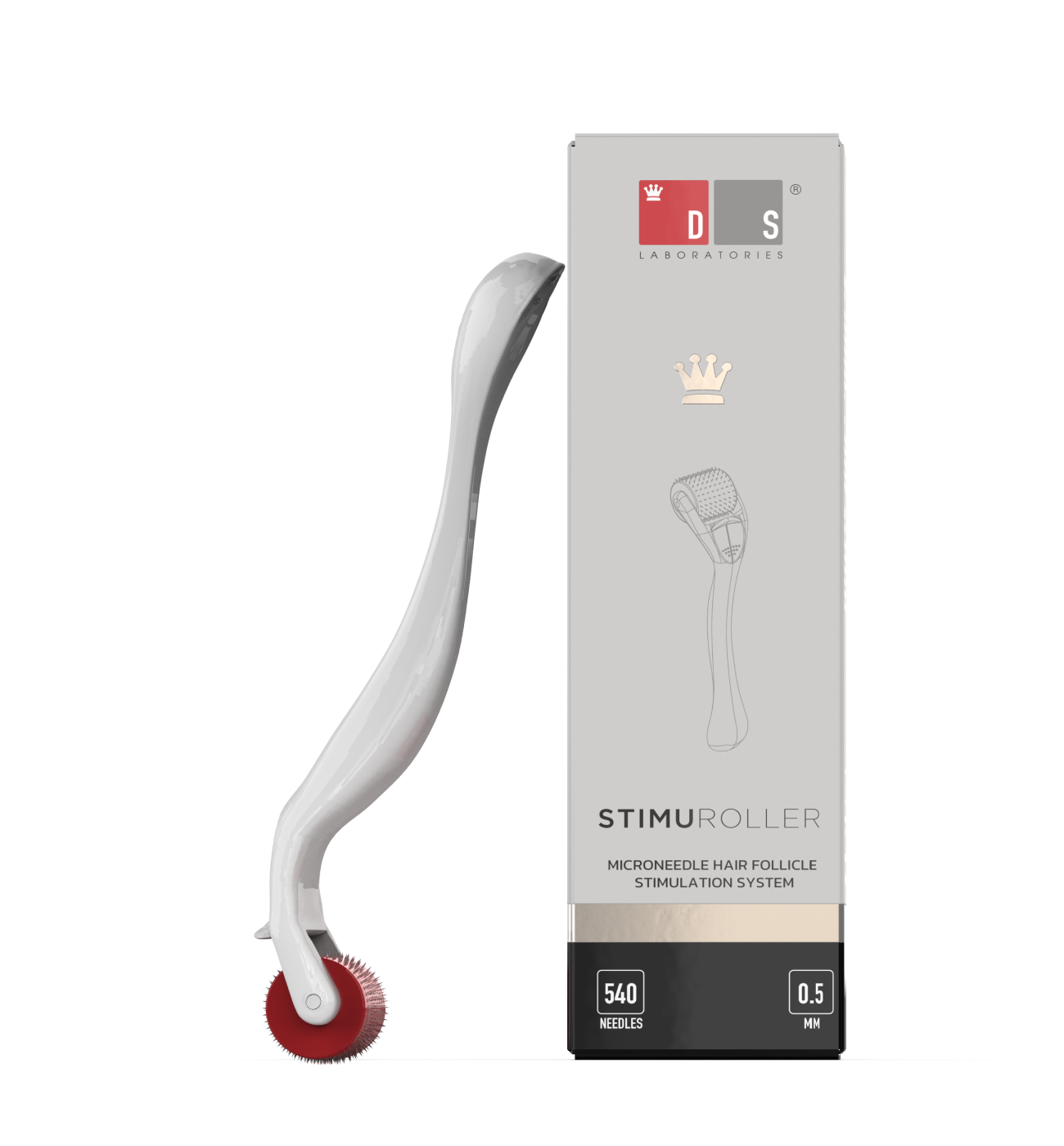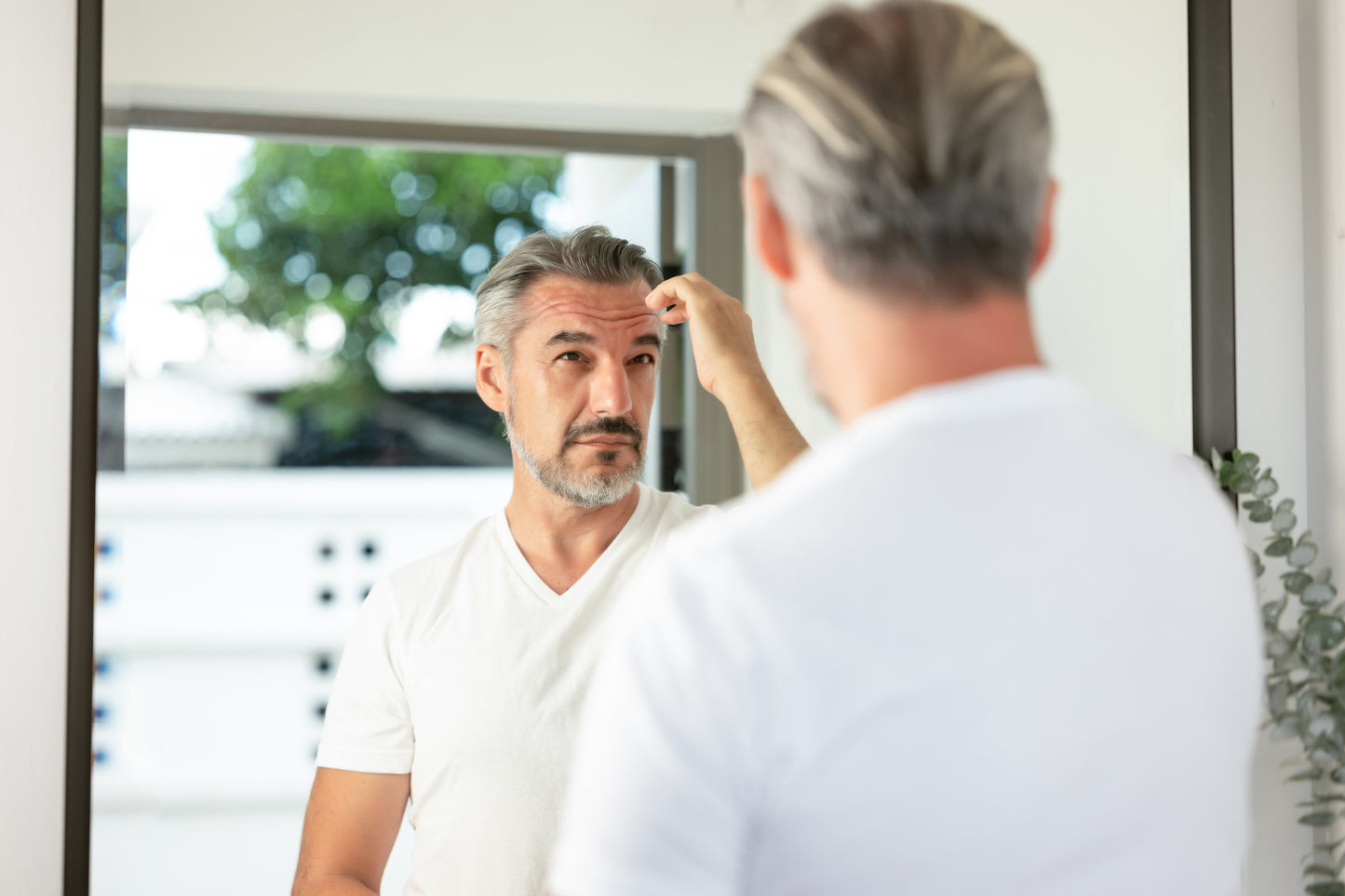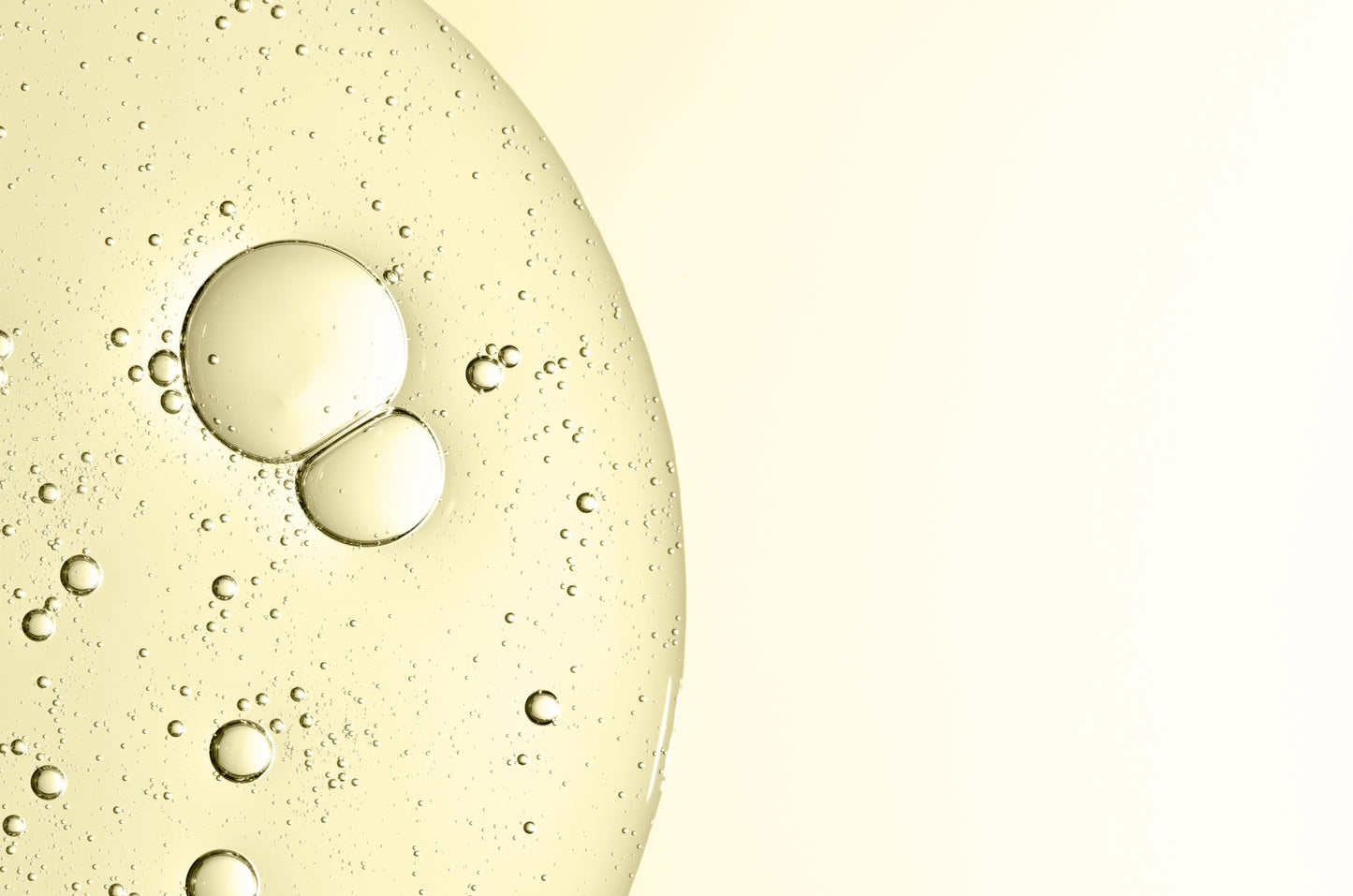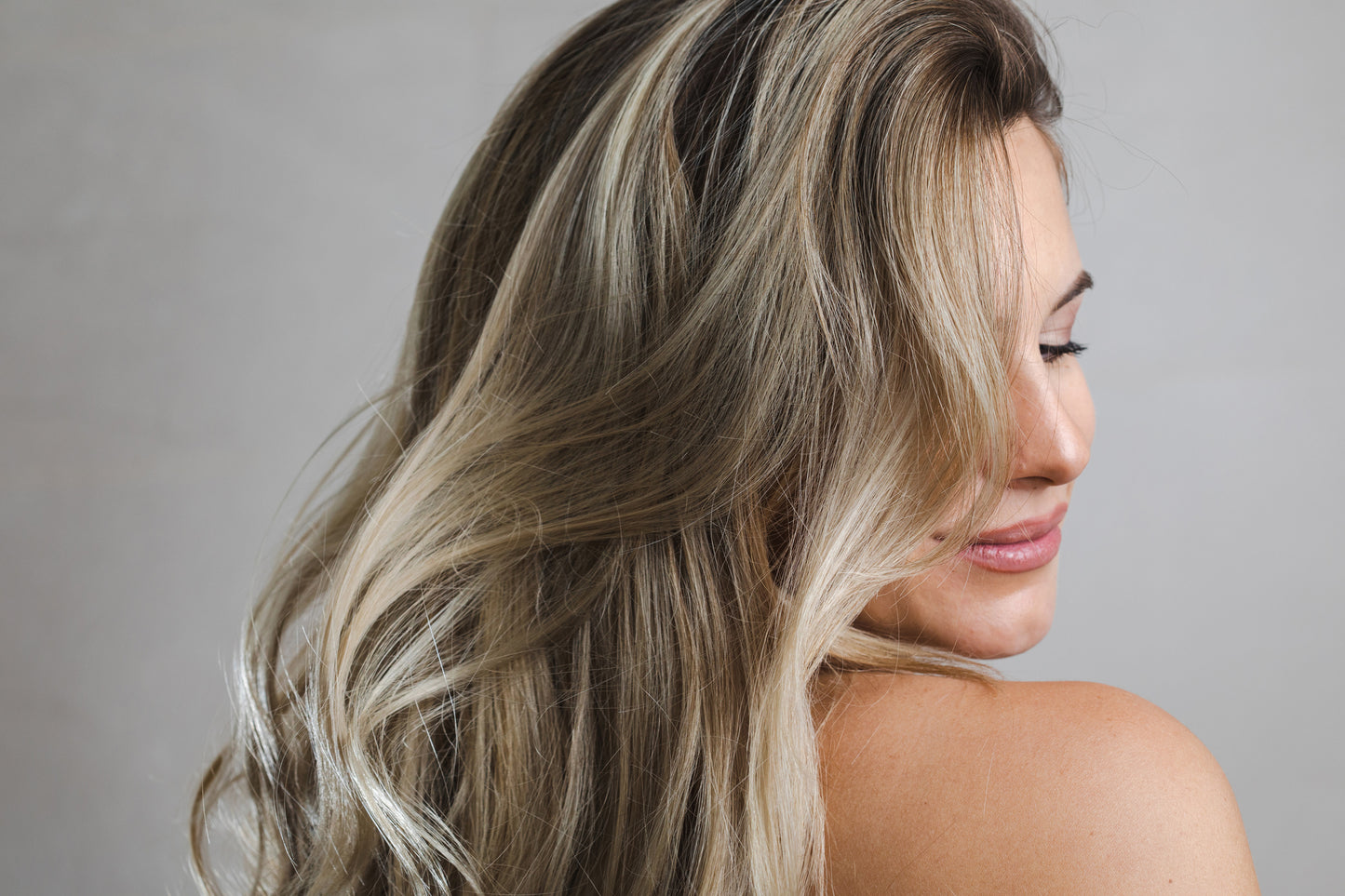The quest for thicker, fuller hair is a common goal for many, often leading to a myriad of products and treatments. At DS Laboratories, we hear customers stories ALL the time. However, the key to achieving this goal might lie in simple lifestyle changes, aside from choosing the right haircare routine for you.
While genetics play a significant role in hair health, certain habits and practices can significantly impact hair growth and thickness.
- Balanced Diet: Nutritional Foundations for Healthy Hair
The journey to thicker hair begins on your plate. Protein is the building block of hair, so a diet rich in protein from fish, lean meats, and beans is crucial. Additionally, vitamins and minerals like iron, zinc, and vitamins A, E, and D play pivotal roles in hair growth. For instance, iron deficiency is a known cause of hair loss, particularly in women. A study published in the Journal of Korean Medical Science found that iron supplements improved hair growth in women with iron-deficiency anemia. (Tip: Try our Revita Tablets or Gummies!)
- Scalp Health: Creating the Right Environment for Growth
Just as plants need healthy soil to grow, hair requires a healthy scalp. Regular cleansing to remove buildup, using gentle, sulfate-free shampoos, and incorporating scalp massages to stimulate blood flow can significantly impact hair health.
- Hydration: Essential for Hair and Overall Health
Hydration is not just vital for your body but also for your hair. Dehydrated hair becomes brittle and prone to breakage. Drinking plenty of water ensures that your hair stays hydrated from the inside out.
- Stress Management: The Impact of Stress on Hair
Stress can wreak havoc on your hair, potentially leading to hair loss conditions like telogen effluvium. Managing stress through activities like yoga, meditation, or even regular exercise can have a positive impact. A study by the American Academy of Dermatology highlighted that stress can cause hair loss and that managing stress can reduce this effect. (Tip: Check out our Revita.SOD tablets for hair damage resulting from stress.)
- Avoiding Heat Styling and Harsh Chemicals
Excessive heat styling and harsh chemical treatments can damage the hair shaft, leading to thinner and weaker hair. Minimizing the use of these treatments and opting for natural styling methods can help maintain hair health.
- Sleep: The Role of Rest in Hair Health
Quality sleep is essential for overall health and plays a crucial role in hair growth. The growth hormone responsible for cell regeneration and hair growth is primarily secreted during sleep, as highlighted by research in the journal Sleep Medicine Reviews.
- Supplements: Can They Help?
While a balanced diet is the best way to get the necessary nutrients for hair growth, supplements can help fill any gaps. Biotin, omega-3 and omega-6 fatty acids, and antioxidants can support hair health. However, it's essential to consult with a healthcare provider before starting any supplement regimen.
- Reducing Alcohol and Quitting Smoking
Both smoking and excessive alcohol consumption can impact hair health. Smoking has been linked to reduced blood flow to the scalp, affecting hair growth. Alcohol can dehydrate your hair, making it more prone to damage.
- Regular Trimming: Keeping Hair Healthy
While trimming doesn’t directly affect hair growth, it helps maintain the health of your hair. Getting rid of split ends prevents hair breakage, giving the appearance of fuller, healthier hair.
- Medical Consultation: When to Seek Professional Help
If you're experiencing significant hair loss or thinning, it's crucial to consult a healthcare professional. Conditions like alopecia areata or thyroid disorders can cause hair loss and require medical treatment.
Conclusion
Achieving thicker, fuller hair involves a holistic approach that includes diet, lifestyle, and proper hair care practices. While genetics play a crucial role, these manageable changes can make a significant difference in your hair's health and appearance. Remember, patience is key – it takes time to see the results of these lifestyle changes.


